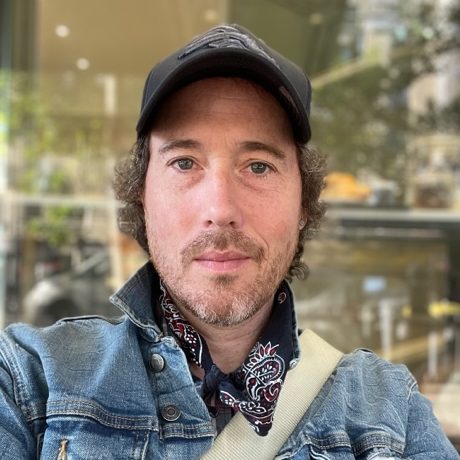What got you interested in the field of animal welfare?
Animals have always been part of my life growing up near my grandparents’ dairy farm in rural Ontario. My relationship with animals was shaped through an agricultural lens, with humans and animals existing in a mutually interdependent relationship; farmers were responsible for providing care and animals were responsible for producing food. I later began to question the moral soundness of my beliefs. Could the animals ‘want’ more beyond their assigned ‘purpose’, and if so, how can we give them the best life possible?
How has your research/work helped to improve animal welfare?
Diverse perspectives can bolster the legitimacy of a process and improve decision-making. My research sought to better understand the perspectives of those typically excluded from the discussion involving the use of animals for scientific experimentation. The public expects that scientific research with animal subjects is conducted in accordance with their values. My research identified tangible opportunities for institutions to engage in internal and external activities to renegotiate social licences for the use of animals in research. This includes a commitment to sustained stakeholder communication towards consensus and a shared vision for transparency at local and national levels. Institutions conducting contentious research (e.g. severe suffering) should seek input from a broad sample of the public with diverse views on the acceptability of the proposed research. The input would offer institutions a better understanding of societal concerns, help inform decisions, and reduce the risk that research practices are not matching local community values.
What do you hope to do moving forward?
I will continue my research at the disciplinary intersection of animal welfare and veterinary humanities. In September 2022, I began a Social Science and Humanities postdoctoral research fellowship at the Ontario Veterinary College, University of Guelph. My research will investigate how dairy cattle veterinarians perceive their role in promoting positive welfare states. I will also analyze the perceptions of veterinarians, farmers, veterinary students, and professors on who they believe proactively engages in the promotion of positive welfare states of dairy cattle. Results of this work will help identify the barriers to dairy cattle welfare improvements and explore if the ability/inability to promote positive welfare states impacts the mental well-being of stakeholders.
Do you have a memory of the Animal Welfare Program that you would like to share?
While the Animal Welfare Program is internationally respected, my real motivation to join the program came from the people. The AWP faculty are not only world-leading scholars but also a friendly, welcoming and accessible community. I spoke with numerous former and current students, all of whom agreed that the leaders within this program have created an environment that supports the creativity, exploration, growth and empowerment of their students. Arriving at the AWP was like meeting a new family; a new home that will travel with me forever.
